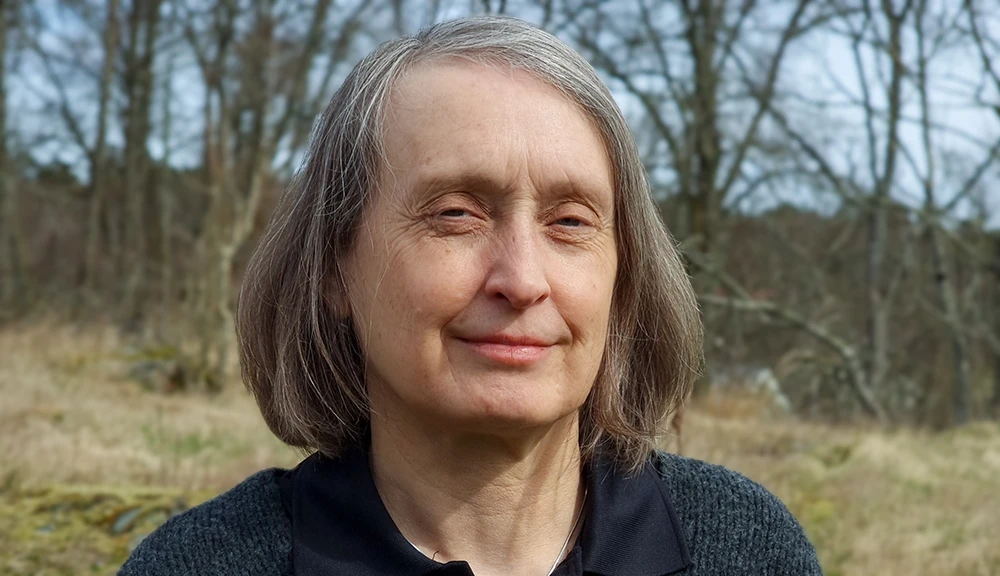Building safety from the ground up

Through pioneering work, she has contributed to increased safety in our built environments - from houses to roads and bridges. Gunilla Franzén, geotechnical safety expert, has been awarded an honorary doctorate at KTH.
As an expert in the field for many years, Franzén works with geotechnical safety in the planning and construction of all kinds of facilities. This involves assessing the risks of subsidence, collapse, landslides and avalanches.
"Each construction site has unique conditions. You need to analyse the properties of soil, rock and water and try to manage them in the best way to build that house that won't break down or that road that won't collapse," she says.
What are the biggest risks?
"That you have a collapse in your construction because of something, down in the ground, which we have not been able to predict. At the same time, it's a trade-off. We can always use different reinforcement methods to build a safe structure, but then it can also be unnecessarily expensive for society or the individual who builds their house.
Living material
The fact that she has devoted her entire career to geotechnical safety assessments stems from her passion for problem solving, gathering information from various sources and finding the best solution in co-operation with those involved.
"In geotechnics, the fascinating thing about living material is that you have to determine its properties on each individual occasion. You can't say in advance: I want a concrete with this strength and that strength. Instead, you have to go out and investigate: what do I have on this site, and try to make the best of what is there."
What are you most proud of having achieved?
"That I have contributed to increased collaboration in the industry, where we have created a forum for geotechnical engineers to meet and help each other to develop this area. I am pleased with that."
KTH's citation mentions her leading role in the development of Eurocode 7 (geotechnical engineering), a new European regulatory framework for construction and infrastructure projects, aimed at achieving a safer and more sustainable society.
The impossible equation
In Sweden, she coordinates the implementation of the rules. Together, some 50 organisations, authorities and companies, with different perspectives - developers, academics, consultants, entrepreneurs and suppliers - are working to find the best way forward.
"I like trying to make the impossible equation work. If you can create forums where people feel comfortable and treat each other with respect, then you also get the courage to raise different opinions and come up with solutions that you otherwise wouldn't be able to reach."
What needs to be done going forward - what are the hottest issues on the agenda?
"A lot of it is about the impact of living in a global world. That we need to more clearly include climate change and have a sustainability perspective in the solutions we propose to our clients."
Text: Christer Gummeson ( gummeson@kth.se )
